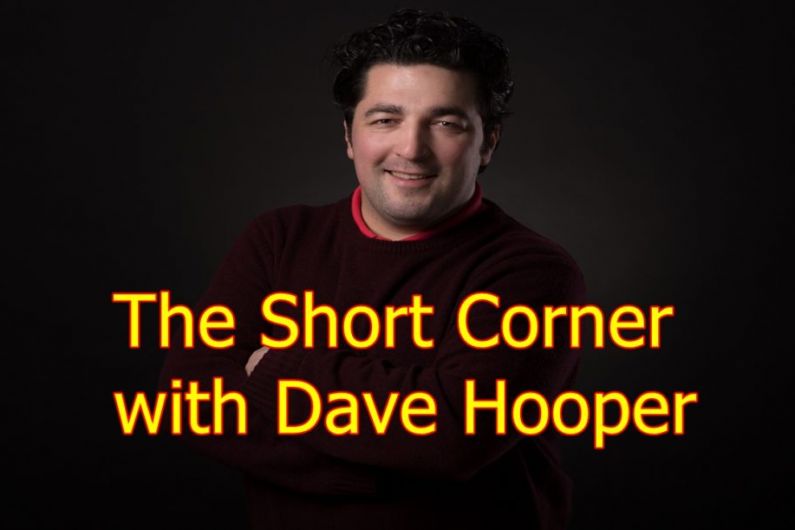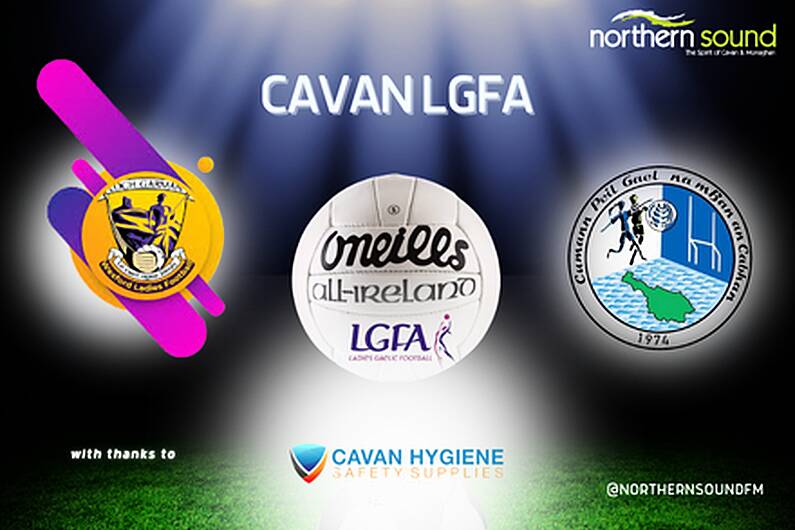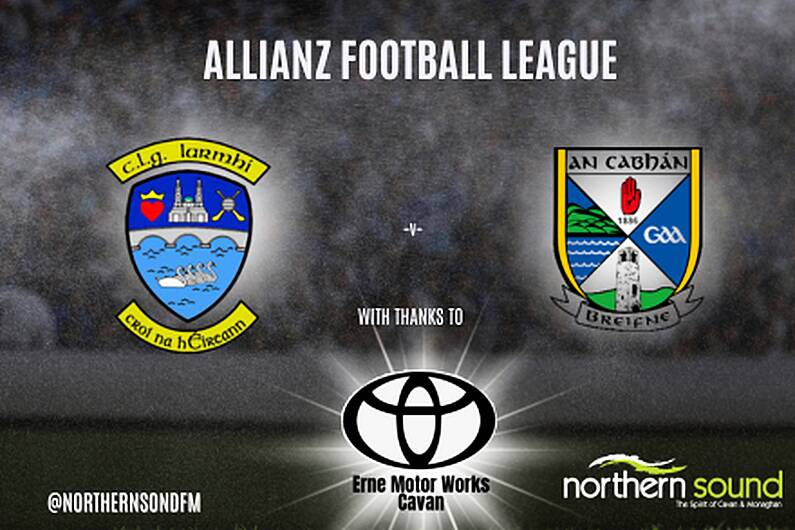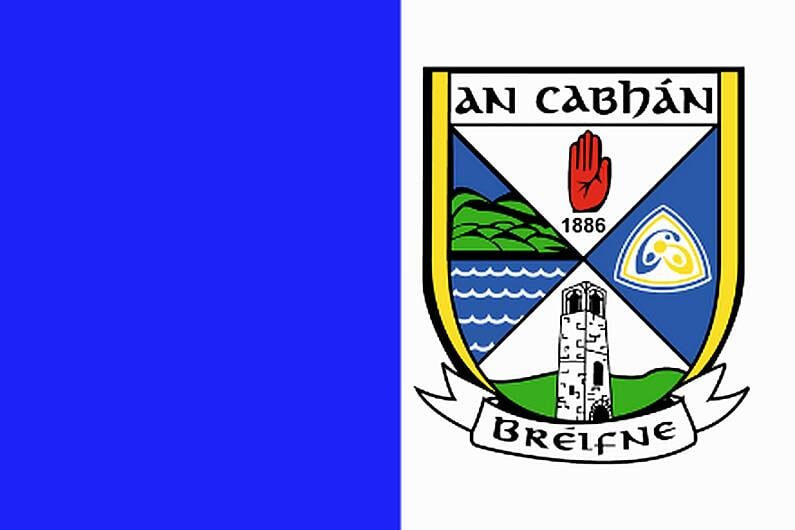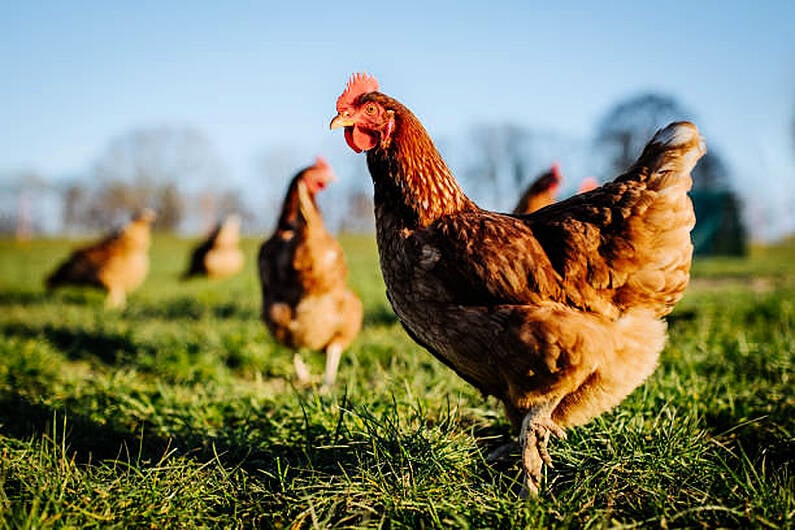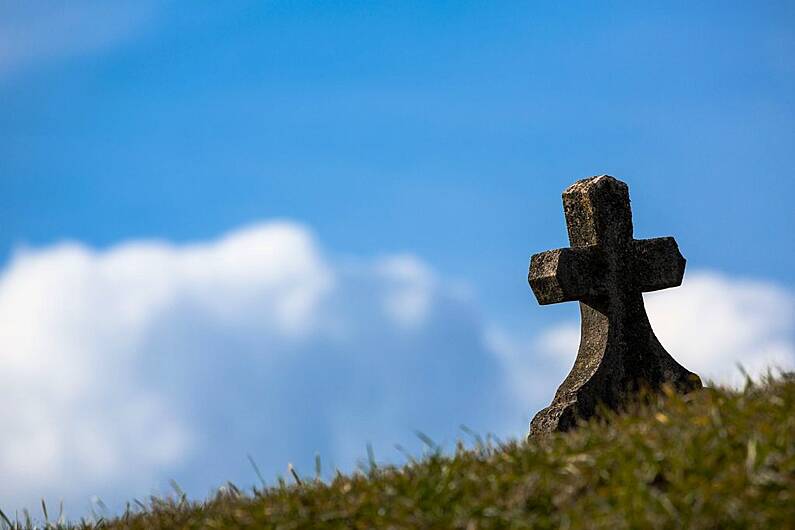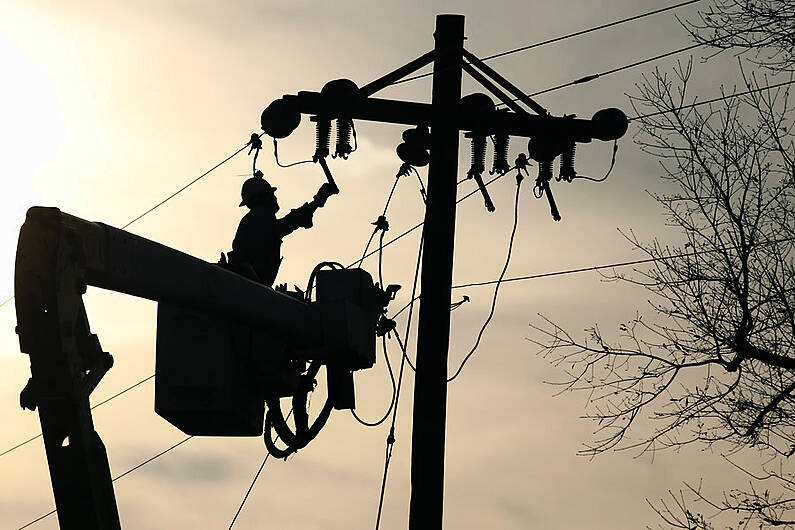A week has passed by, seven days since UEFA and the premier league uttered anger at the proposed super league.
That was around four o’clock on Sunday April 18th, seven hours later the ill-fated European Super league had been officially proposed, 48-hours on it was dead.
The dust has yet to settle on the fall out of the proposals from Florentino Perez and its fall out particularly in England, where reported issues had occurred and the history of greed in soccer had been born.
What the failed European super league (ESL) has done is unify part of English soccer, the big six now ostracized by the small 14 in the premier league.
On Tuesday morning the “14” met to decide what to do with their departing six.
Some reports in England say premier league relationships have become extremely strained over the last 12-18 months. That the new television deal had grown into a stumbling block driven issue.
Those issues are probably not resolved, but 14v6 is the new reality. 14 is a majority in the premier league voting tables and the big six are now in the minority.
Parallels were drawn with the formation of the premier league which kicked-off on 15 August 1992.
Immediate hysterics were thrown at Sky Sports the Premier leagues founder broadcaster as Gary Neville, Jamie Garragher et al were rolled out to slam the ESL as Sky looked to protect their prize jewel.
I for one, am not a big enemy of Sky Sports. I come from the generation which grew up watching Martin Tyler, Richard Keyes and Andy Gray.
Who pestered his parents to get Sky while I was still in primary school, who was well underage going to the pub just to watch the football!
The formation of the ESL was very different to the proposal of the premier league’s founding in the early 1990’s.
At the time just BBC and ITV were the only two players in the UK TV market. In the final rights deal of the pre-premier league era, £11 million was handed out by ITV and divided up between 92 football league clubs.
The football league itself was acting as a cartel. When the 22 old first division club’s put forward any proposal, never mind how sane or off the wall, they would routinely be beaten 70-22 in the vote.
Divisions two, three and four were backing each other, they were in fact a cartel.
While the first division clubs couldn’t win, neither could teams looking to enter the football league. New memberships were routinely defeated in the vote. You see someone would surely have to be relegated?
The then big five Liverpool, Manchester United, Arsenal, Spurs and Everton approached then ITV head of sport Greg Dyke with a simply question.
“If you were to just sign us five up for TV coverage, how much would you pay?”
Dyke responded with a figure of £1m each, as to the £11m between 92!
The wheels for change were set in motion, remember at this stage English soccer was in a very bad state.
The Bradford City fire, Heysel stadium disaster and particularly the Hillsborough disaster had left a permanent scar on the English game.
The fallout of the Hillsborough disaster, the Taylor report spoke about how dilapidated soccer stadiums in England had become and how they needed to become updated all seater stadiums.
Change was needed, money was needed. The big five approached the English football association who backed them, they wanted change too, unhappy with the cartel which developed in the football league.
The big five became the big 10. The breakaway was coming, the football league got legal, a lengthy battle into the English supreme court perused.
The football association won. They the court said were the only and final body in charge of running the game in England.
The TV rights went up for grabs, the new premier league held the upper hand. Rupert Murdoch’s ailing Sky TV with debts of nearly £2bn squared up to ITV.
ITV bid £34m a year for five years, Sky bid £35m for four and £40m for a fifth, plus BBC came on board with more money for highlights only!
The game had changed! Sky now had the TV rights. The 3pm Sunday kick-off was moved to 4pm as Sky needed to cater for the pub audience.
Monday night football was introduced it was a whole new ball game.
What happened next well to be fair it wasn’t all Sky’s fault!
The clubs needed the money then and continued to spend it in a fashion that is now obscene.
English football at that time couldn’t compete finically with AC Milan, Inter, Real Madrid or Barcelona in fact they struggled to compete with Glasgow Rangers. Three of England’s World Cup 90 team lined out for the Gers.
The premier league is now the jewel in Sky’s crown. They will keep spending more to keep it, but! They’re not fools.
Sky won’t just spend money ala La Liga was overvalued, so Sky backed out. The FA cup, the six nations, the Scottish premiership, everybody has a price.
The price for Sky is right when it comes to something including their far superior coverage of GAA.
They have the smarts too. Glasgow Rangers demotion from the Scottish premiership saw the Scottish governing body return £3m to Sky and ESPN. Unknown to us all, a clause inserted by Rupert Murdoch’s boys guaranteeing them three old firm games a year.
Business is business, much like my assumption that Sky saw GAA rights as a way of retaining Irish pubs subscriptions across the UK for the summer months.
Sky paid the money, it was the premier league clubs who decided to spend it in a certain way. It was the premier league clubs who chased a foreign TV market which is now valued around €5bn a year.
English soccer needed to change in the early 90’s. They were undervalued by ITV, something ITV knew themselves.
The ESL was just wrong, it reminded me less of the premier league foundation and more of Rupert Murdoch’s attempt to buy Manchester United in 1998.
Immediately fans kicked back, fighting their clubs sale to one of the wealthiest men in the world which surely would have seen them being able to buy pretty much anyone!
But no! Manchester United v Norwich, Burnley or Oldham is just as important as Manchester United versus Real Madrid.
Sky didn’t change football, they just gave them the money.
Mr. Perez and Real Madrid are now a couple of billion euro in debt. 20-years ago Real were €270m in debt and spent €77m on Zinedine Zidane. They sold their training ground to fund the deal.
As Alex Ferguson said then “they don’t have another training ground to sell.” This time they tried to sell their soul.
